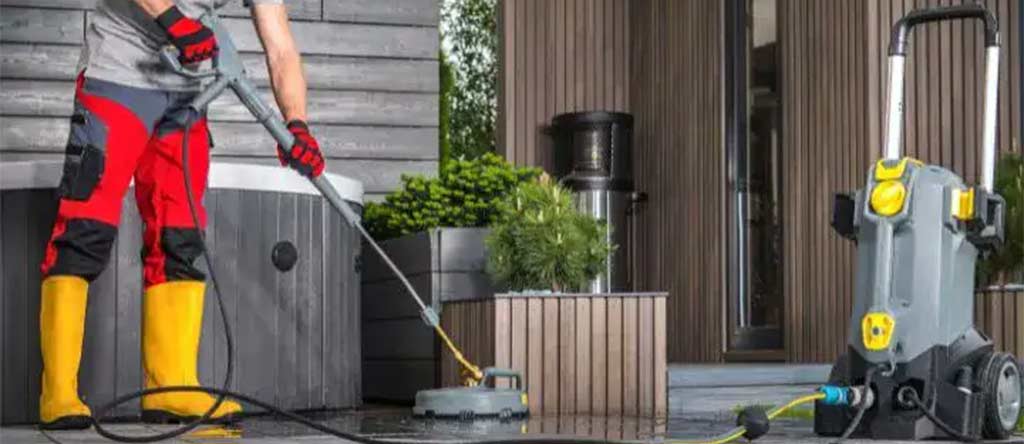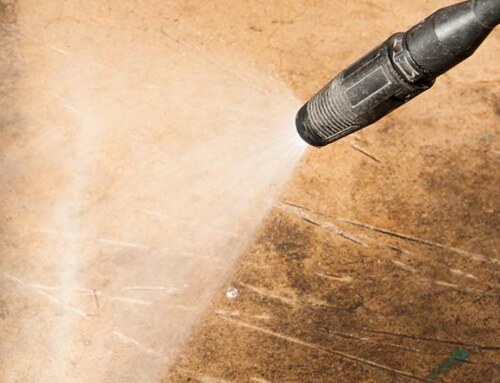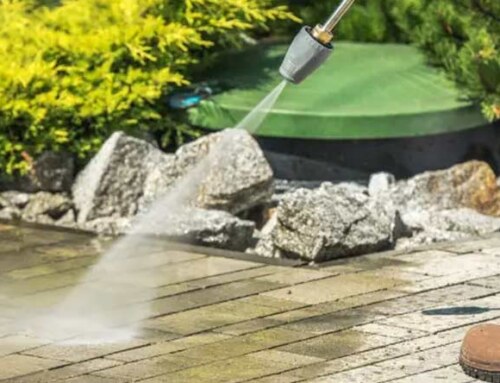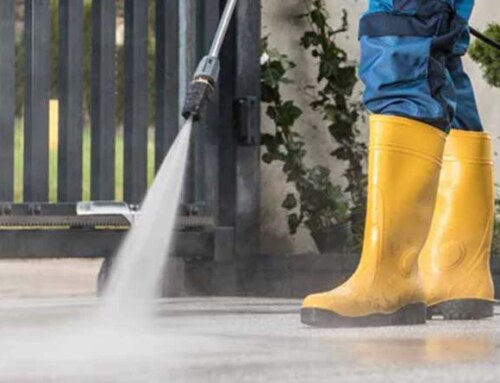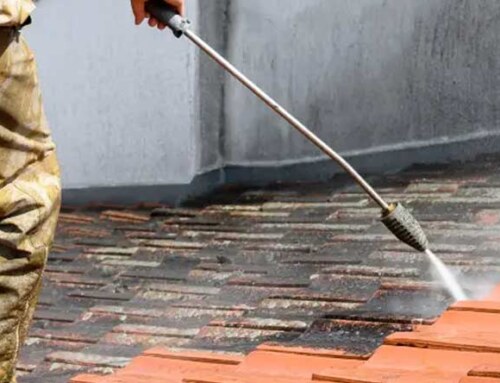Pressure washing can be an effective way to give your brick house a fresh, clean look, but knowing there are risks and precautions is essential. While pressure washing can remove grime and stains from brick surfaces, it might also cause damage if not done correctly. High-pressure streams of water can erode the mortar, chip the bricks, or create moisture problems, leading to costly repairs down the road. To correctly answer the question: can pressure washing damage brick houses? We will have to go deeper into the factors affecting brick houses.
The Risks of Pressure Washing Brick Houses
Pressure or power washing uses high-pressure water spray to remove dirt, grime, mold, and mildew from surfaces. While it’s an effective cleaning method for some exteriors, brick houses require special attention. The high-pressure water can be too harsh for brick and mortar, potentially damaging them.
- Surface Erosion: The high pressure can wear away the outer surface of the brick and the mortar joints, compromising the structural integrity over time.
- Water Infiltration: Damaged mortar can allow water to seep into the walls, leading to mold growth and even internal water damage.
- Chipping and Cracking: The force of the pressure washer can cause bricks to crack or chip, especially if they’re older or already weakened.
- Efflorescence: This white, powdery substance can appear on bricks after pressure washing, as the water draws out the salts in the brick.
Several factors can influence whether pressure washing will damage your brick house:
- Age of the Brick: Older bricks are usually more porous and fragile than newer ones.
- Condition of Mortar: Weakened or deteriorated mortar is more susceptible to damage.
- Pressure Level: Using a pressure setting that’s too high can increase the risk of damage.
- Technique: The distance and angle at which you hold the pressure washer can also affect the outcome.
Before every project, our team members at Klein Pressure Washing will always take the necessary steps to ensure that they will not damage your
Safety Precautions for Pressure Washing Brick Houses
Now that you understand the potential risks well, let’s explore the question of whether pressure washing damages brick houses.
By following proper safety precautions, you can clean your brick house effectively without causing damage. But before you turn on the pressure washer, it’s essential to inspect your brick and mortar. Look for signs of wear and tear, such as cracks, gaps, and loose bricks. If you find any issues, just review them before proceeding with pressure washing.
| Item to Inspect | What to Look For |
| Bricks | Cracks, chips, discoloration |
| Mortar Joints | Gaps, crumbling, loose mortar |
| Exterior Fixtures | Check for loose shutters, lights |
The type of pressure washer and nozzles you use can make a big difference. For brick surfaces, opt for a pressure washer with a maximum of 800 PSI (Pounds per Square Inch). Additionally, choose a fan nozzle with a 25—or 40-degree angle to disperse the water evenly.
| Equipment | Specification |
| Pressure Level | Max 800 PSI |
| Nozzle Type | Fan nozzle (25-40°) |
Before you start pressure washing, it’s a good idea to pre-wet the brick surface with a garden hose. This helps to saturate the brick and mortar, reducing the chances of absorbing too much water from the pressure washer.
Opt for mild detergents specifically designed for brick surfaces. Apply the detergent using a low-pressure spray to avoid any damage. Allow the detergent to sit for 5-10 minutes, but ensure it doesn’t dry on the surface.
Holding the pressure washer nozzle too close to the brick surface can cause damage. Keep a distance of at least 12 inches from the wall and move the wand in a consistent sweeping motion. Avoid focusing the spray on one spot for too long.
After cleaning, rinse the entire surface thoroughly with a garden hose to remove any detergent residue. This will prevent potential chemical damage and ensure your bricks look clean and bright.
Could you give your brick house ample time to dry after pressure washing? This helps to evaporate any water that may have been absorbed, reducing the risk of mold or mildew growth.
So, can pressure washing damage brick houses? The short answer is yes, it can, but it doesn’t have to. Understanding the risks and taking the appropriate safety precautions allows you to enjoy a clean and sparkling home without compromising its structural integrity. To ensure that your surfaces are safe during the pressure washing process, call our experts at Klein Pressure Washing immediately!

